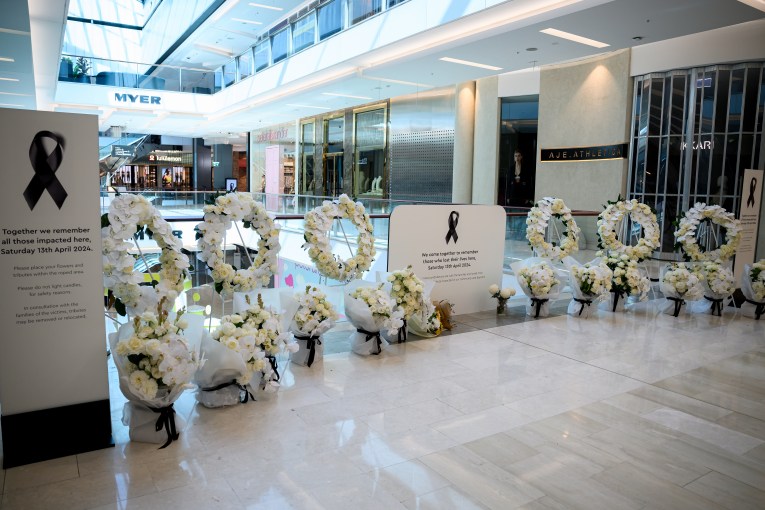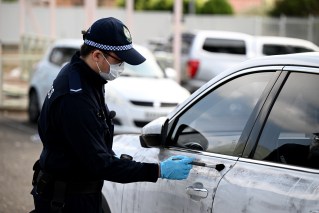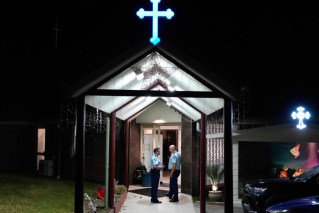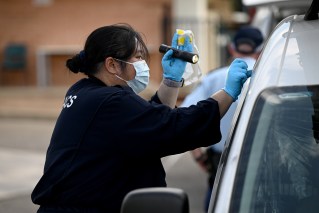NSW fails to log strip searches of women
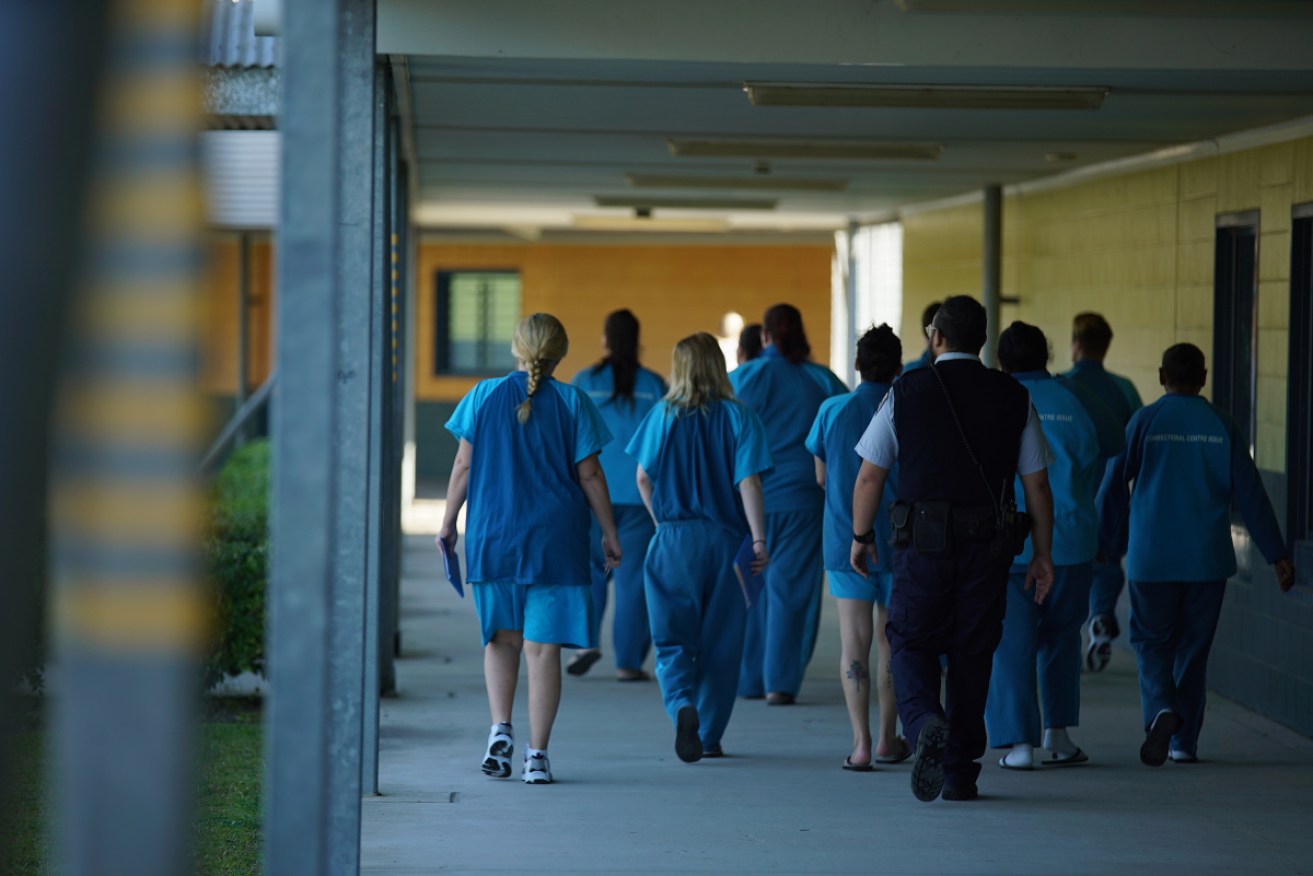
Invasive strip-searching in NSW prisons is likely to be a "massive issue", human rights' lawyers say Photo: AAP
NSW is the only state or territory in Australia where routine strip searches of women prisoners are not recorded, freedom of information requests have revealed.
Human rights’ lawyers say invasive strip-searching in NSW prisons is likely to be a “massive issue” but the lack of records means there is no way to know.
The Human Rights Law Centre submitted a freedom of information request to Corrective Services NSW for the records of strip-searches on women in prison between October 2020 and April 2021.
In response, the agency said there are no registers or log books where the searches are recorded.
The HRLC says this makes NSW an outlier in Australia.
“Across Australia, women in prison are subjected to an alarming number of strip-searches,” senior lawyer Monique Hurley said.
The HRLC suspects a similar trend in NSW prisons but cannot confirm it without records.
“Because NSW has a mass imprisonment problem and still strip-searches people as a matter of prison routine, it is likely a massive issue,” Ms Hurley said.
Requiring prison guards to record the number of strip-searches, and the reasons for them, is an “essential safeguard against mistreatment”, she said.
A routine strip-search is not based on specific intelligence or suspicion that a person is carrying contraband.
International human rights law says strip-searches should only be undertaken when absolutely necessary and prisons should record them, Ms Hurley said.
The HRLC is calling on the NSW government to immediately stop the “cruel and degrading” practice of routinely strip-searching women prisoners.
The discovery comes after the state’s Inspector of Custodial Services last year found women held at Mary Wade Correctional Centre in Sydney’s west were being routinely strip-searched even after non-contact visits.
The inspector recommended the practice stop.
In an earlier report, the inspector recommended the government reconsider the use of routine strip-searches on women.
“A significant number of women entering custody have been victims of violence and sexual or emotional abuse and may find the experience of being strip-searched traumatic or upsetting,” a 2020 report noted.
The inspector pointed out that it is difficult to know how effective strip-searching is if the rate of detection is unknown because the number of total searches is not recorded.
No contraband was found through strip-searches after visits at Mary Wade prison between October 2018 and October 2019.
Data elsewhere suggests routine searches can yield only a low rate of contraband.
At the Alexander Maconochie prison in the ACT, 208 strip-searches of women prisoners across seven months in 2020 and 2021 turned up three items.
Two were drug paraphernalia or drugs, and the other was medication.
A Corrective Services official told AAP that strip-searching inmates had been a necessary part of prison security for many years.
“Contraband undermines the safety of our prisons and has the potential to spark violent incidents among inmates, putting our officers’ lives at risk,” the official said.
Full body scanners have been installed in all-female and maximum-security prisons in NSW.
“The introduction of body scanners is working to reduce the need to strip-search inmates, including females,” the official said.
The official did not answer questions about whether the Inspector of Custodial Services’ recommendations had been followed.
– AAP
